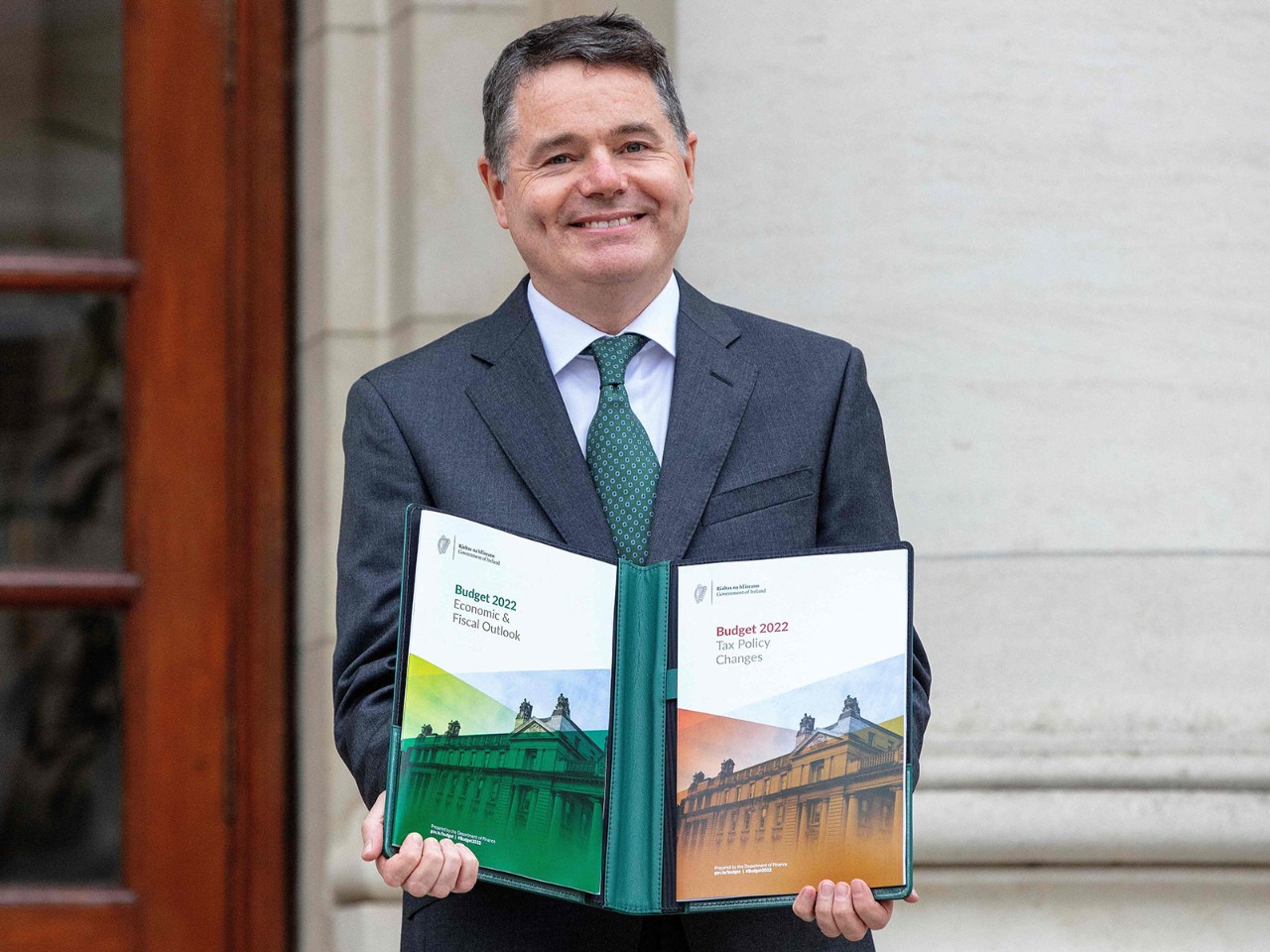
Beneficial ownership of trusts
The deadline for trustees to register details of the beneficial ownership of their trust with the Central Register of Beneficial Ownership of Trusts (CRBOT) is 23 October, and trustees should be reviewing their internal registers and preparing to register if they have not already done so.
The 4th and 5th Anti-Money Laundering Directives require each EU member state to establish a CRBOT. Legislation introduced on 23 April (Statutory Instrument 194 of 2021) transposed those requirements into Irish law. It aims to provide transparency both in Ireland and the EU around who ultimately owns and controls Irish trusts. This will help to identify and tackle circumstances where trusts are being used to fund criminal and terrorist organisations. The legislation also assigned the responsibility for CRBOT to the Office of the Revenue Commissioners.
Trustees (or their agents, advisers or employees) can register for the CRBOT through the trust register portal on Revenue Online Service (ROS). For individual trustees who do not have ROS access, the trust register is available on MyAccount.
Revenue.ie also provides information on frequently asked questions to help trusts and their agents, advisers or employees determine whether they are obliged to register and how they can meet their obligations. Any queries regarding the CRBOT can be sent via MyEnquiries on ROS or MyAccount.
As part of the customer due diligence (CDD) that accountants and other designated persons must perform, CRBOT will be checked to ensure it is consistent with the accountants’ understanding, prior to commencing work for a trust client.
IAASA’s observations include commentary on the need to consider climate change in company reporting
Preparing 2021 financial statements
The Irish Auditing and Accounting Supervisory Authority (IAASA) has published an observations paper highlighting some topics that preparers should consider when preparing their financial statements for 2021.
It is no surprise to see Covid-19, impairments, fair values and expected credit losses discussed in detail. However, the observations also include commentary on the need to consider climate change in company reporting. The document identifies a study by the International Accounting Standards Board, which discusses the effects of climate change and how it would impact accounting under IAS 1, IAS 2, IAS 12, IAS 16, IAS 38, IAS 36, IAS 37, IFRS 7, IFRS 9, IFRS 13 and IFRS 17.
IAASA expects issuers to take this study into account when assessing the impact of climate change and risks in their financial statements, and it expects companies to provide entity-specific and comprehensive disclosures that enable the users of their financial reports to understand:
- the impact that these events have had on their financial performance, financial position, cashflows and risks
- the sources of estimation uncertainty and changes in the key assumptions underpinning assets, liabilities, income, expenses and cashflows
- the actions taken to respond to climate change (and Brexit and the pandemic)
- the expected impact on future financial performance, financial position, cashflows and risks
The IAASA’s financial reporting review remit extends only to companies with securities admitted to trading on a regulated market (principally the main market of Euronext Dublin). However, the topics identified in the paper could usefully be taken into consideration by a much wider range of companies, with the aim of producing high-quality financial reports more generally and increasing the transparency and usefulness of financial statements for users.
Revisions to Irish Quality Management Standards
IAASA has published a consultation paper on its proposals to issue new or revised auditing standards:
- International Standard on Quality Management (ISQM) (Ireland) 1, Quality Management for Firms that Perform Audits or Reviews of Financial Statements, or Other Assurance or Related Services Engagements
- International Standard on Quality Management (Ireland) 2, Engagement Quality Reviews
- International Standard on Auditing (‘ISA’) (Ireland) 220 (Revised), Quality Management for an Audit of Financial Statements
The proposed effective date of the revised standards in Ireland is for the audits of financial statements with accounting periods beginning on or after 15 December 2022. The proposals will require a reasonably substantial rewrite and renaming of an audit firm’s ISQC1 manual. When the proposals are finalised, ACCA will update the existing ISQC1 guidance and example manuals.



